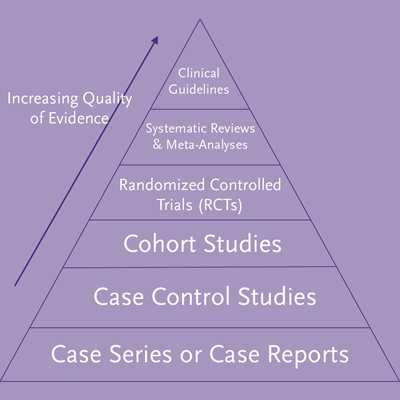Read more about Arjun Pandey here.
You’ve probably heard about the ketogenic diet, which has been floating around in the news for the past couple of years. Essentially, the diet recommends that you cut back on your carbohydrate intake, which alters your metabolism: instead of using sugars as your primary fuel source, your body switches to burning fat, by converting it to an energy source called a ketone body. Some very preliminary research has recently explored the ketogenic diet’s application to pulmonary hypertension.
Dyer et al. (2018) examined one patient (a case report) with Group 1 PH. This patient lost about 25 pounds, increased her 6-minute walk distance and had a significant reduction in systolic pulmonary pressure. In a separate study, Dyer et al. (2018) also studied several patients with Group 2 PH (case series). In this study, all five patients lost weight and improvements in shortness of breath with no negative side effects observed.
So, should PH patients across Canada all be jumping to make the switch to this diet?
Unfortunately, it is more complicated than that. Firstly, when considering new research, it is important to not just look at the headlines but consider the quality/type of the research. While these case series and case reports are certainly better than no evidence at all, it should be noted that neither one of these studies features a control group. In this case, a group of patients who does not follow the ketogenic diet. Because of this, we cannot be sure if the benefits observed are actually because of the ketogenic diet or if they are due to some other factor. For example, these patients just got better over time because of their existing treatments, and the ketogenic diet really has no effect either way.
Secondly, in both studies, the patients are aware that they are trying a new, experimental diet and they might be subject to the placebo effect: a psychological phenomenon in which someone’s belief in the ability of a treatment results in measurable improvements. The fact that the patient’s healthcare team knew that they were on this diet might have altered their treatment plan as well. In most high-quality research, patients are randomized to one treatment or to a control group and are blinded, meaning that they are not told which group they are being assigned to.
Thirdly, the sample size (or number of participants) in each of these studies is very, very small. Much larger sample sizes, with a longer follow-up time are needed in order to establish whether the ketogenic diet is effective and the optimal way it should be used.
Finally, these studies looked at very specific group of patients, the results being generalizable to a broader patient population with different types of PH, genders, ethnicities, other medical backgrounds, etc. They certainly require more in-depth research.
In conclusion, it is certainly possible that the ketogenic diet might be beneficial in some PH patients. However, at this stage, it is just too early to tell, and much more research is needed to answer this question. As always, if you are considering making any lifestyle changes, always consult with your medical management team first!

References:
Dyer J, Wolver S, Grinnan D. Ketogenic Diet in Group 1 Pulmonary Hypertension Patient. InB58. WHO'S BAD: CASE REPORTS IN PULMONARY VASCULAR MEDICINE I 2018 May (pp. A3712-A3712). American Thoracic Society.
Dyer J, Wolver S, Grinnan D. Safety of Ketogenic Diet in Group 2 Pulmonary Hypertension Patients. InC69. USE YOUR ILLUSION: NOVEL THERAPEUTIC APPROACHES IN PULMONARY HYPERTENSION 2018 May (pp. A5687-A5687). American Thoracic Society.